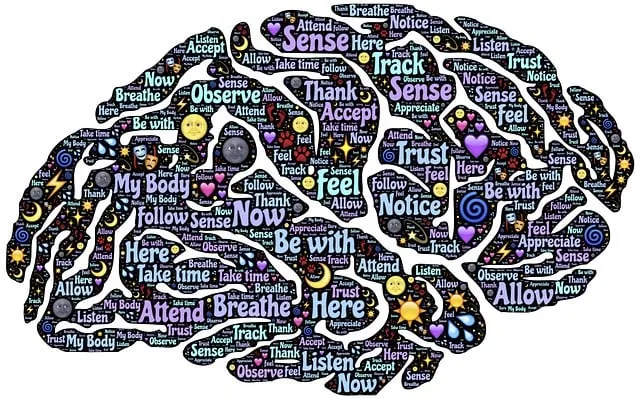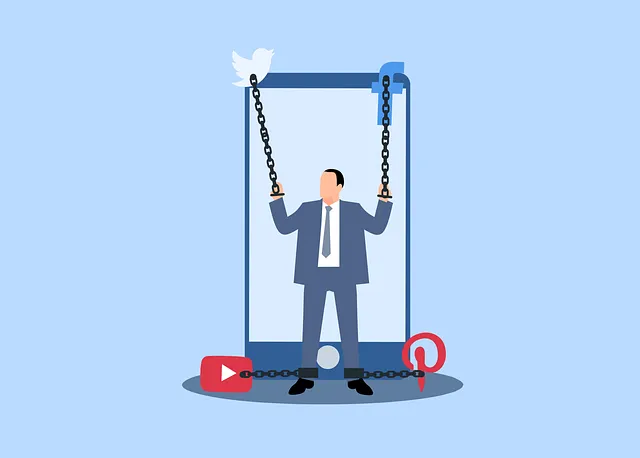The Colorado Springs Kaiser Permanente mental health facility offers a revolutionary Social Skills Training program, addressing challenges faced by individuals with anxiety, depression, or PTSD. Through structured workshops and simulations, this program equips patients with practical strategies for social situations, boosting self-esteem and healthy relationships. For professionals, it's a vital tool for risk management planning, helping assess triggers and develop effective coping mechanisms. The facility's evidence-based practices and innovative therapeutic approaches cater to diverse mental health needs, aiming to create a supportive environment where social skills training is integral to holistic mental health management.
Social skills training is a powerful tool in mental health care, offering individuals coping strategies to navigate social interactions. This article explores the significance of such programs in managing conditions like anxiety and depression, focusing on the innovative approaches provided by the Colorado Springs Kaiser Permanente Mental Health Facility. We’ll delve into the key components, benefits, and real-world applications, highlighting how these skills can transform lives. Discover how this facility is revolutionizing mental health support through evidence-based social skills training.
- Understanding the Importance of Social Skills Training in Mental Health Care
- The Role of Colorado Springs Kaiser Permanente Mental Health Facility in Offering Such Programs
- Key Components and Techniques Used in Social Skills Training
- Benefits and Real-World Applications for Individuals with Mental Health Conditions
Understanding the Importance of Social Skills Training in Mental Health Care

In the realm of mental health care, social skills training is a game changer that fosters improvement and recovery. Offered at facilities like the Colorado Springs Kaiser Permanente, this type of training goes beyond traditional therapy by focusing on practical, real-world interactions. It’s crucial for individuals managing conditions such as anxiety, depression, or PTSD, where social isolation and communication difficulties are common challenges.
By participating in structured workshops and simulations, patients learn effective strategies to navigate social situations, improve self-esteem, and build healthy relationships. This training is not just about enhancing social interactions; it’s also a key component of risk management planning for mental health professionals. Through risk assessment exercises, individuals gain insights into their triggers and develop coping mechanisms, reducing the likelihood of adverse events and promoting better outcomes.
The Role of Colorado Springs Kaiser Permanente Mental Health Facility in Offering Such Programs

The Colorado Springs Kaiser Permanente mental health facility plays a pivotal role in providing comprehensive care and support to individuals struggling with various mental health conditions. Recognizing the interconnectedness of social well-being and overall mental health, the facility offers specialized programs designed to enhance social skills. These initiatives cater to a diverse range of patients, from those dealing with depression to professionals seeking guidance on risk management planning.
Through its dedicated programs, the hospital not only facilitates recovery but also empowers individuals to navigate social interactions more effectively. By integrating evidence-based practices and innovative therapeutic approaches, they ensure that patients gain the necessary tools for successful social integration. This holistic approach aligns perfectly with the broader goals of Mental Health Policy Analysis and Advocacy, aiming to create a supportive environment where social skills training is an integral part of mental health management.
Key Components and Techniques Used in Social Skills Training

Social Skills Training for Mental Health Conditions at Colorado Springs Kaiser Permanente focuses on several key components to effectively address social interaction challenges often associated with various mental health disorders. These include cognitive restructuring, a technique that helps individuals identify and challenge negative thought patterns impacting their ability to engage socially. Another vital component is role-playing exercises, allowing participants to practice appropriate responses in simulated scenarios, enhancing their confidence in real-life interactions.
Emotional Intelligence (EI) development plays a significant role in the training, teaching individuals to recognize and manage their emotions and those of others. This fosters deeper connections and more meaningful conversations. Self-esteem improvement techniques are also integrated, empowering clients to build resilience against social anxiety or depression’s adverse effects on self-perception. The mental wellness podcast series production methods used in the training provide a dynamic medium for reinforcing learned skills, offering practical tips and real-life examples accessible at any time.
Benefits and Real-World Applications for Individuals with Mental Health Conditions

Social skills training offers a multitude of benefits for individuals navigating mental health conditions. By participating in structured programs, people can learn and practice essential communication techniques, improving their ability to connect with others and navigate social situations with greater confidence. This is particularly impactful at facilities like the Colorado Springs Kaiser Permanente mental health facility, where specialized therapists facilitate these sessions, tailoring them to individual needs.
One of the real-world applications of such training is enhancing trauma support services. Many individuals struggling with mental health issues have experienced trauma, which can make social interactions challenging. Social skills training equips them with coping mechanisms and strategies to manage stress, fostering a sense of safety in social settings. Additionally, these programs often include stress management workshops organized by mental wellness advocates, further empowering participants to take control of their mental health.
Social skills training, as offered by the Colorado Springs Kaiser Permanente mental health facility, is a transformative program that empowers individuals with mental health conditions to navigate social interactions with confidence and ease. By focusing on key components such as communication, assertiveness, and empathy, this training provides practical tools and techniques for real-world applications. The benefits are profound, fostering improved relationships, enhanced self-esteem, and better overall mental well-being. With programs tailored to individual needs, Colorado Springs Kaiser Permanente is leading the way in comprehensive mental health care, helping folks thrive in a supportive and inclusive environment.






